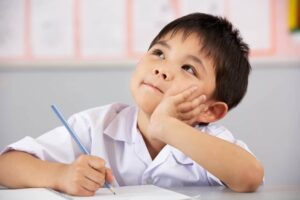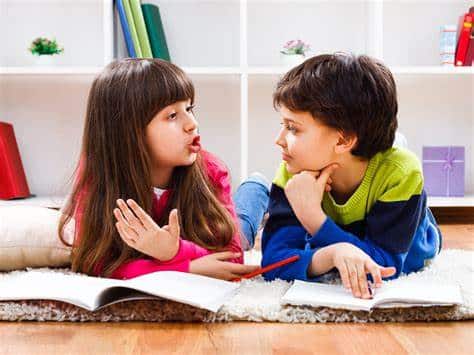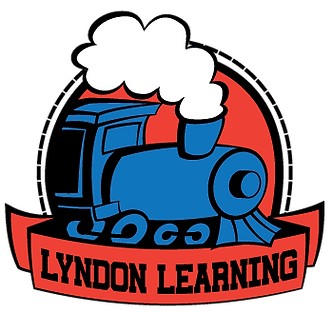“Playful learning” refers to an approach to education that combines the power of play with intentional learning experiences. It recognizes that play is a natural and essential way for children to explore, experiment, and make sense of the world around them.
In playful learning, the emphasis is on creating an environment where children can engage in purposeful play that promotes learning across various domains, such as cognitive, social, emotional, and physical development. It involves designing activities and experiences that are both enjoyable and educational, blending playfulness with intentional teaching and learning goals.
Playful learning recognizes that children learn best when they are actively involved and interested in what they are doing. It harnesses children’s natural curiosity, creativity, and intrinsic motivation to foster deep and meaningful learning experiences. Playful learning can take many forms, including imaginative play, hands-on activities, games, problem-solving tasks, and collaborative projects.
Some of the Benefits of Playful Learning
- Engagement
Playful learning captures children’s attention and engages them in active participation, making learning enjoyable and motivating.
- Creativity and Critical Thinking
Playful learning encourages children to think creatively, solve problems, and explore different possibilities, fostering critical thinking and problem-solving skills.

- Social Skills
Playful learning often involves collaboration, communication, and cooperation among children, promoting the development of social skills, teamwork, and empathy.
- Language and Communication
Through play, children naturally engage in language-rich experiences, expanding their vocabulary, developing communication skills, and enhancing their ability to express thoughts and ideas.
- Emotional Development
Playful learning provides opportunities for emotional expression, self-regulation, and understanding emotions in oneself and others.

- Motor Skills
Many playful learning activities involve physical movement, which helps develop fine and gross motor skills, coordination, and spatial awareness.
- Positive Attitude Towards Learning
By associating learning with positive and enjoyable experiences, playful learning nurtures a love for learning and a lifelong curiosity in children.
Playful learning can occur in various settings, including classrooms, early childhood programs, and home environments. It acknowledges the importance of play in children’s overall development and leverages it as a powerful tool for meaningful and effective learning.
